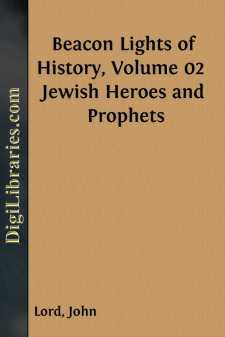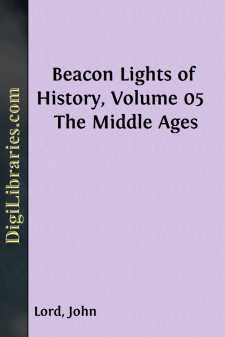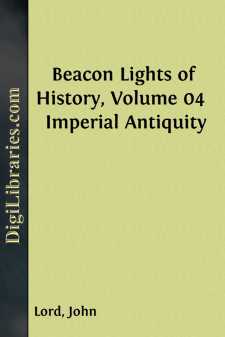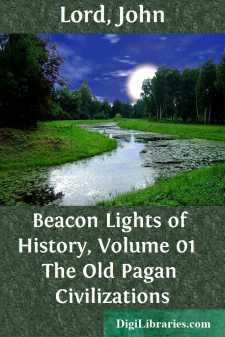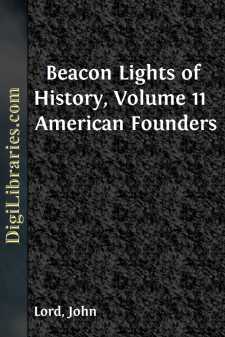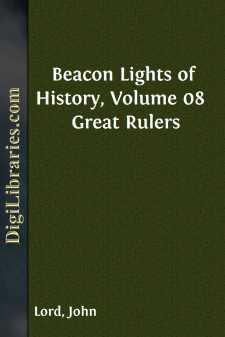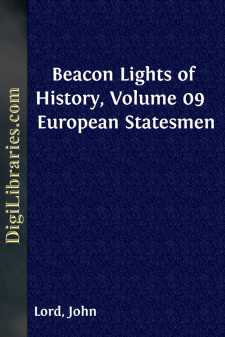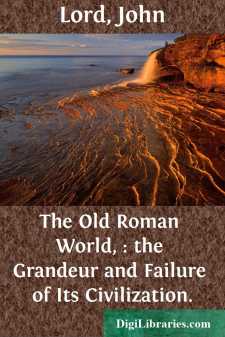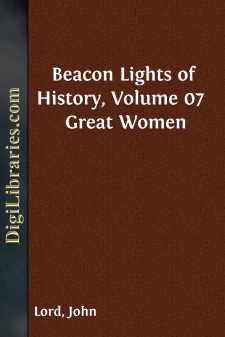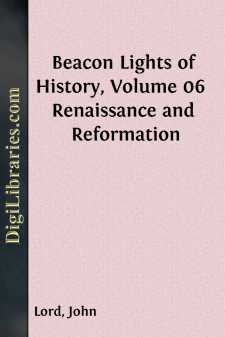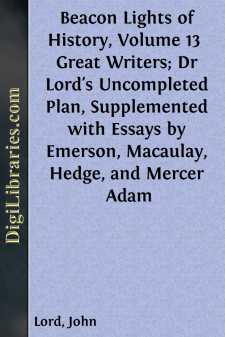Categories
- Antiques & Collectibles 13
- Architecture 36
- Art 48
- Bibles 22
- Biography & Autobiography 815
- Body, Mind & Spirit 144
- Business & Economics 28
- Children's Books 18
- Children's Fiction 14
- Computers 4
- Cooking 94
- Crafts & Hobbies 4
- Drama 346
- Education 58
- Family & Relationships 59
- Fiction 11835
- Games 19
- Gardening 17
- Health & Fitness 34
- History 1378
- House & Home 1
- Humor 147
- Juvenile Fiction 1873
- Juvenile Nonfiction 202
- Language Arts & Disciplines 89
- Law 16
- Literary Collections 686
- Literary Criticism 179
- Mathematics 13
- Medical 41
- Music 40
- Nature 180
- Non-Classifiable 1768
- Performing Arts 7
- Periodicals 1453
- Philosophy 65
- Photography 2
- Poetry 896
- Political Science 203
- Psychology 44
- Reference 154
- Religion 515
- Science 126
- Self-Help 85
- Social Science 83
- Sports & Recreation 34
- Study Aids 3
- Technology & Engineering 59
- Transportation 23
- Travel 463
- True Crime 29
Our website is made possible by displaying online advertisements to our visitors.
Please consider supporting us by disabling your ad blocker.
Beacon Lights of History, Volume 02 Jewish Heroes and Prophets
by: John Lord
Description:
Excerpt
When we pass from David's personal character to the services he rendered, how exalted his record! He laid the foundation of the prosperity of his nation. Where would have been the glories of Solomon but for the genius and deeds of David? But more than any material greatness are the imperishable lyrics he bequeathed to all ages and nations, in which are unfolded the varied experiences of a good man in his warfare with the world, the flesh, and the devil,--those priceless utterances which portray every passion that can move the human soul. He has left bare to the contemplation of all ages all that a lofty soul can suffer or enjoy, all that can be learned from folly and sin, all that can stimulate religious life, all that can console in sorrow and affliction. These experiences and aspirations he has embodied in lyric poetry, on the whole the most exquisite in the Hebrew language, creating a new world of religious thought and feeling, and furnishing the foundation for Christian psalmody, to be sung from age to age throughout the world. His kingdom passed away, but his Psalms remain,--a realm which no civilization can afford to lose. As Moses lives in his jurisprudence, Solomon in his proverbs, Isaiah in his prophecies, and Paul in his epistles, so David lives in those poems that are still the most expressive of all the forms in which the public worship of God is still continued. Such poetry could not have been written, had not the author experienced in his own life every variety of suffering and joy.
The literary excellence of the Psalms cannot be measured by the standard of Greek and Roman lyrics. It is not seen in any of our present forms of metrical composition. It is the mighty soaring of an exalted soul which makes the Psalms so dear to us, and not their artificial structure. They were made to reveal the ways of God to man and the life of the human soul, not to immortalize heroes or dignify a human love. We may not be able to appreciate in English form their original metrical skill; but it is impossible that a people so musical as the Hebrews were kindled into passionate admiration of them, had they not possessed great rhythmic beauty. We may not comprehend the force of the melodic forms, but we can appreciate the tenderness, the pathos, the sublimity, and the intensity of the sentiments expressed. "In pathetic dirges, in songs of jubilee, in outbursts of praise, in prophetic announcements, in the agonies of contrition, in bursts of adoration, in the beatitudes of holy bliss, in the enchanting calmness of Christian life," no one has ever surpassed David, so that he was called "the sweet singer of Israel." There is nothing pathetic in national difficulties, or endearing in family relations, or profound in inward experience, or triumphant over the fall of wickedness, or beatific in divine worship, which he does not intensify. He raises mortals to the skies, though he brings no angels down. Never does he introduce dogmas, yet his songs are permeated with fundamental truths, and are a perpetual rebuke to pharisaism, rationalism, epicureanism, and every form of infidel speculation that with "the fool hath said in his heart, There is no God." As the Psalter was held to be the most inspiring poetry in the palmy days of the Hebrew commonwealth, so it proved the most impressive part of the ritual of the mediaeval Church, and is still the most valued of all the lyrics which Protestantism has appropriated in the worship of God. And how potent, how lasting, how valued is a good song! The psalmody of the Church will last longer than its sermons; and when a song stimulates the loftiest sentiments of which men are capable, how priceless it is, how permanently it is embalmed in the heart of the world! "Thus have his songs become the treasured property of mankind, resounding in the anthems of different creeds, and carrying into every land that same voice which on Mount Zion was raised in sorrowful longings or ecstatic praise."
What a mighty power the songs of the son of Jesse still wield over the affections of mankind! We lose sight at times of Moses, of Solomon, and of Isaiah; but we never lose sight of David.
Such is the tribute which all nations bring,
O warrior, prophet, bard, and sainted king,
From distant ages to thy hallowed name,
Transcending far all Greek and Roman fame!
No pagan gods thy sacred songs invoke,
No loves degrading do thy strains provoke.
Thy soul to heaven in holy rapture mounts,
And joys seraphic in its bliss recounts....


